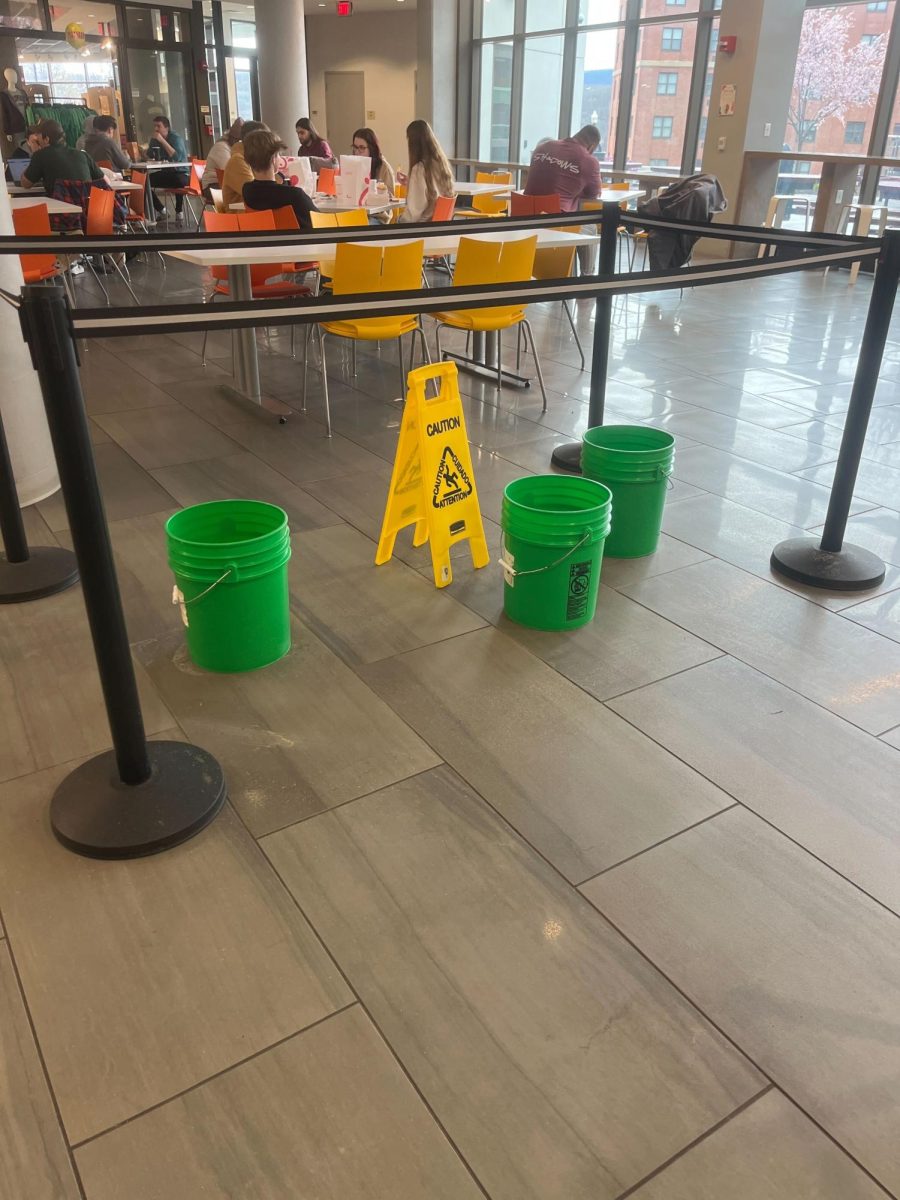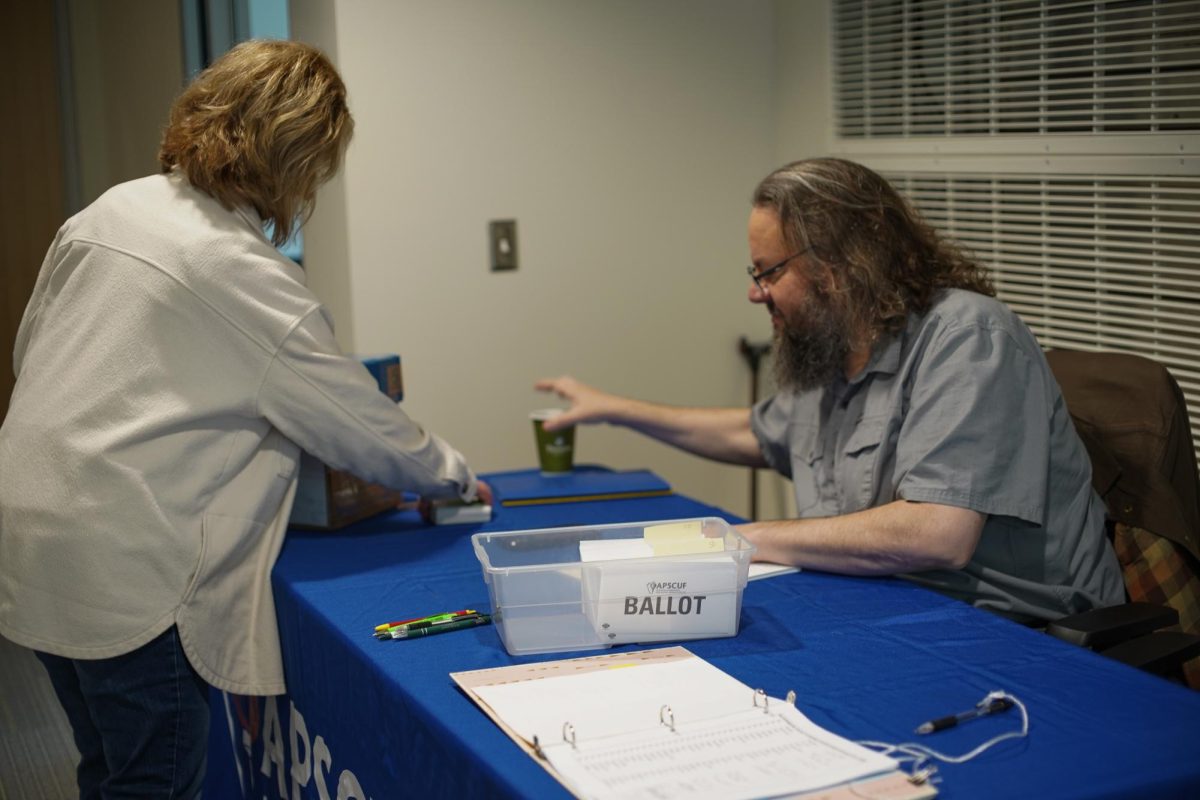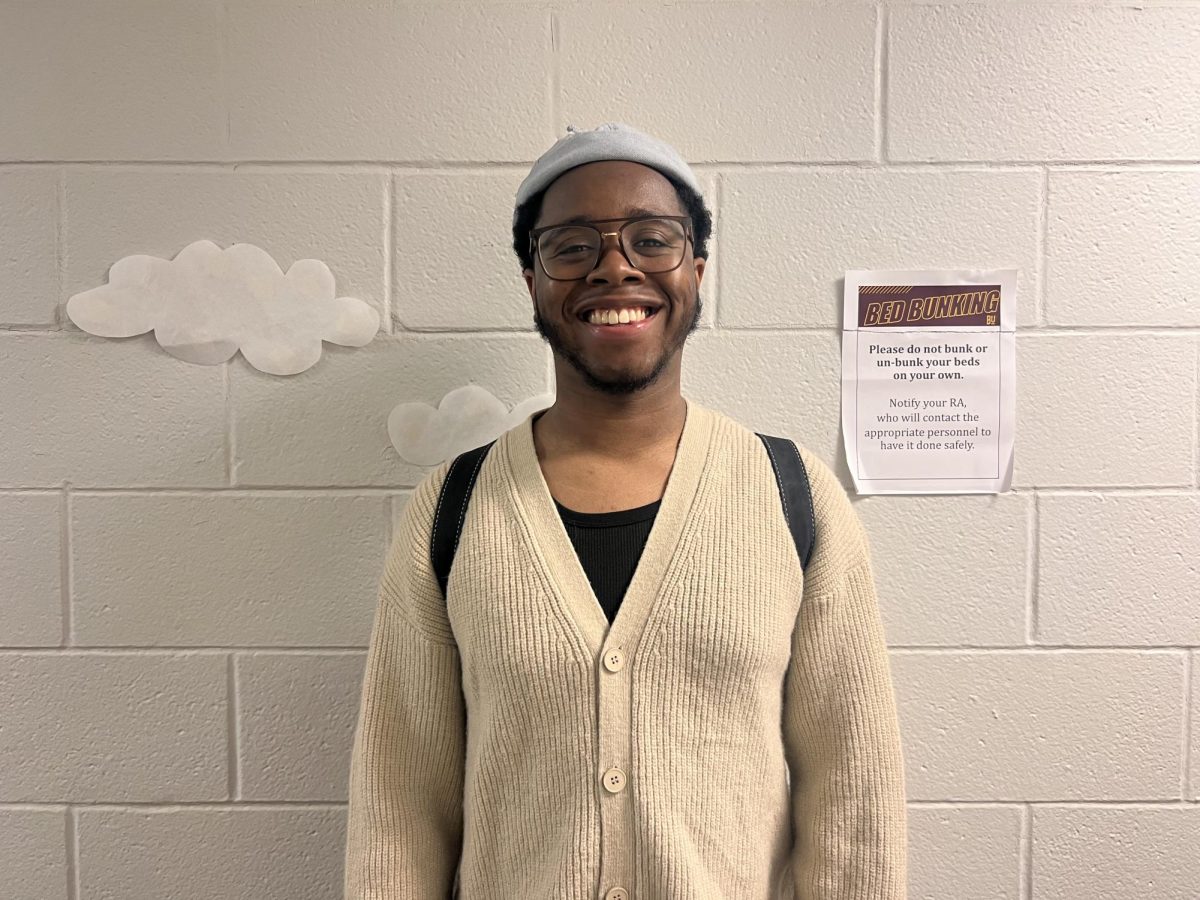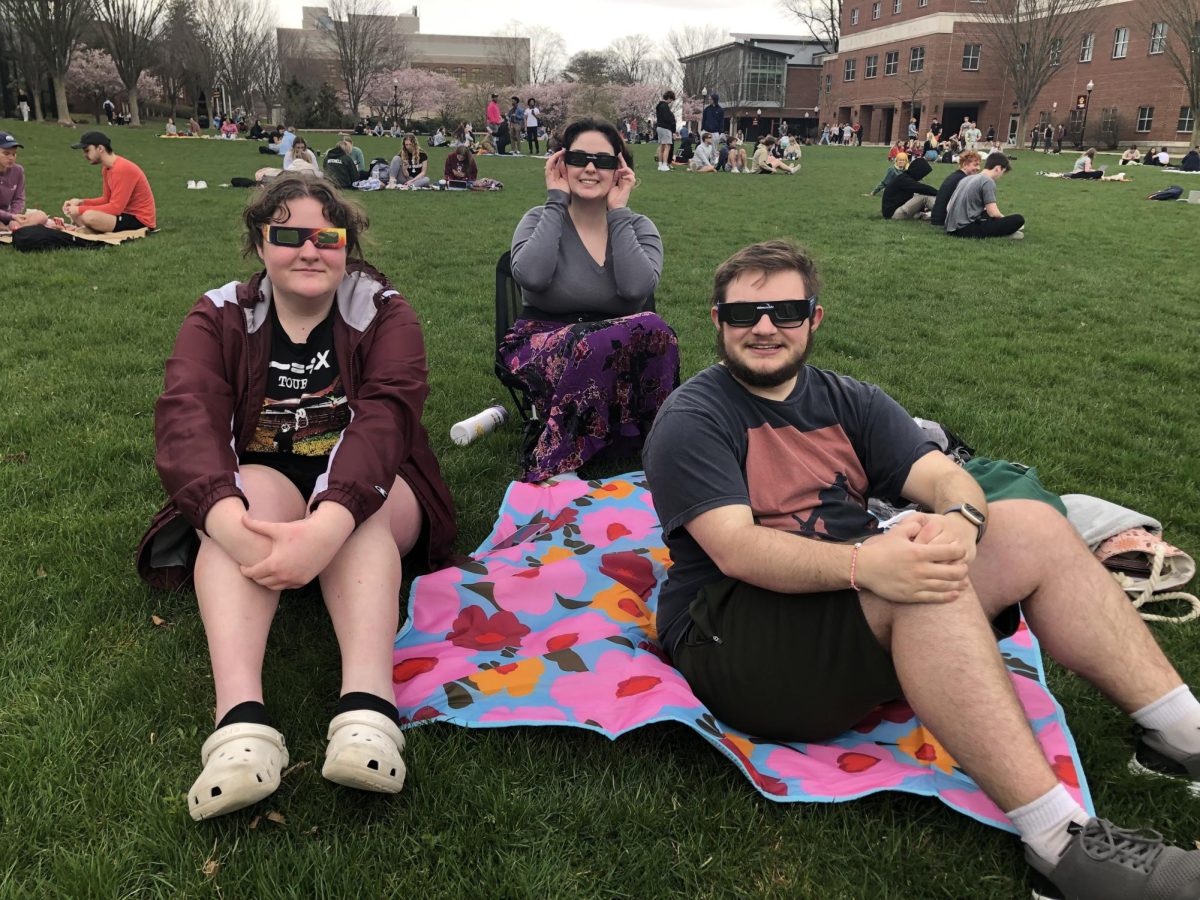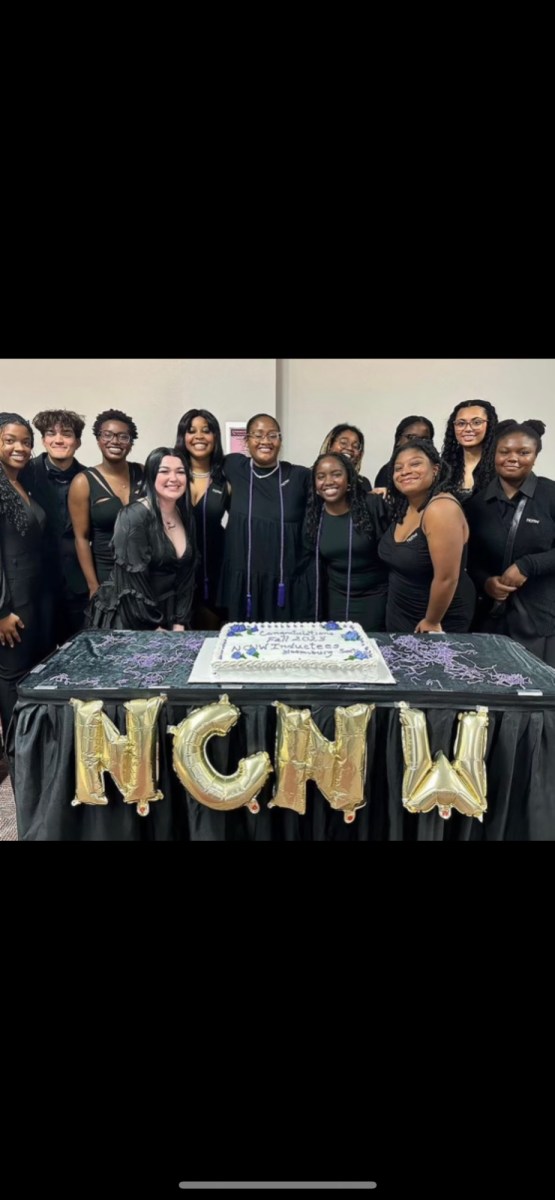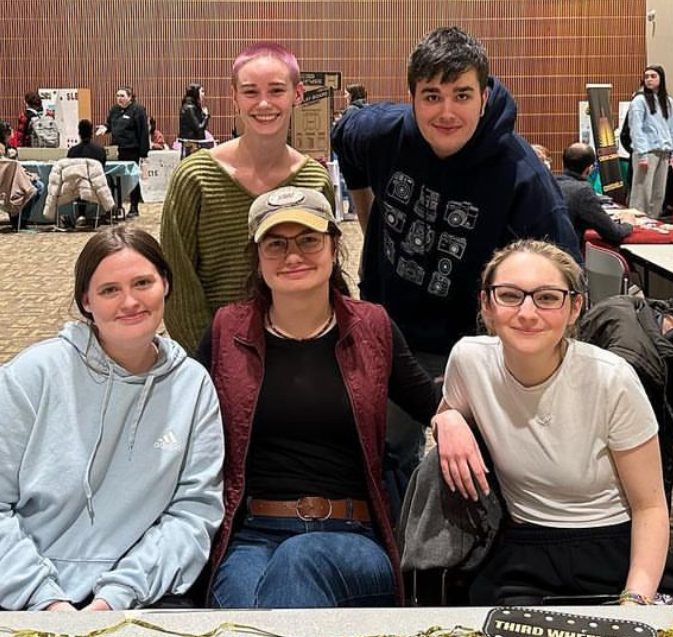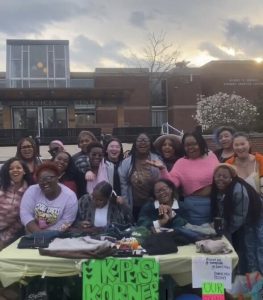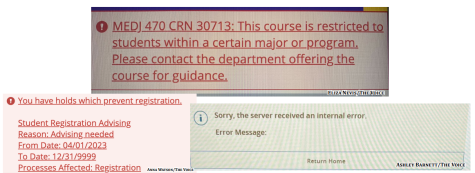PASSHE Chancellor Greenstein Addresses Concerns Over Bloomsburg Integration
October 12, 2020
A virtual town hall meeting was held Tuesday, October 7th, to further discuss Bloomsburg’s plans to integrate with Pennsylvania state institutions, Lock Haven and Mansfield.
The virtual meeting gained attendance of nearly 300 people and was primarily composed of university faculty and staff members. PASSHE Chancellor, Daniel Greenstein, mediated the town meeting and allowed attendees to get their inquiries answered in a 30-minute session.
One of the first questions addressed by Greenstein was why exactly this integration is taking place. Greenstein explained that the consolidation of these universities will help them recover from years of steady decline in on-campus resident enrollment. Greenstein used the phrase “shrinking” when referring to the state school system. He stated that the large increase in students choosing online education over on-campus education in recent years has added to this shrinking. This integration is expected to reverse the shrinking and will help solve the financial burden being placed on these institutions.
Along with solving the financial burden, Greenstein noted that this integration will also help accommodate students participating in specified learning. This integration will better aid those taking part in online learning, as well as those individuals only enrolled in select courses at these campuses. The addition of these other institutions will also allow students the opportunity to participate in courses not offered by their university, but will not require students to travel to a different university for mandatory courses. “As members of the Pennsylvania State System of Higher Education it is our responsibility to serve these students and meet their needs to the best of our ability,” said Greenstein.
Another topic frequently discussed among attendees was the toll this consolidation will take on university faculty and staff. One employee, having been in the state education system for 20 years, asked about the layoffs that may occur, as well as any checks and balances that may be in place concerning these layoffs. Greenstein explained a certain number of faculty and staff positions will need to be cut to meet with the ongoing shrink of the state system, although it is unknown at this time which positions those might be. As far as checks and balances go, an accountability structure has been made within the system and that any bad or improper actions made will hold consequences. Greenstein stated, “Weakness anywhere in the organization tugs everywhere in the organization because we are all on the hook for each other’s decisions, and each good decision benefits all of us.”
One former faculty member of Bloomsburg University brought up concerns of possible inefficiency within the university if faculty and staff cutbacks are made; stating that when the 2008 financial crisis occurred several faculty and staff cutbacks were made, resulting in student needs not being met and several complaints being made about on-campus living. Greenstein responded, explaining that there is no direct link between low faculty/staff rates and university inefficiency and that ineffective financial planning and spending are what lead to inefficiency. Greenstein stated that several universities with low faculty and staff rates still show high efficiency and that the board’s plan will provide our university with that efficiency.
In an attempt to attain this university’s efficiency, the PASSHE board has reached out to members of Bloomsburg, Mansfield, and Lock haven faculty and staff to help produce innovative decisions. A current staff member at Bloomsburg said that it seems “cannibalistic” to put those in fear of losing their jobs in charge of decision making stating, “It is hard to be innovative when you’re writing a new resume and filling out applications because you’re scared of losing your job; we are making scared decisions, and scared decisions are not good long term decisions.” Chancellor Greenstein expressed the board’s understanding that these are tough and uncertain times for all faculty and explained that they are doing their best to come up with a plan that will benefit the staff as well as themselves.
Multiple participants also brought Bloomsburg’s involvement in the integration into question, wondering if Bloomsburg was brought in as a lifeline for the other two struggling universities. One attendee expressed concern with Bloomsburg’s involvement mentioning that he did not want to see a stable Bloomsburg pulled down by the other struggling universities. Greenstein made clear that no one university was brought in to save the other two, and that all three are going to work together to improve, not just see improvement.
Mayor of Bloomsburg, William Kreisher, also participated in the meeting, questioning where the strong resistance was coming from to keep all fourteen state universities open. Mayor Kreisher voiced that it seems impractical to keep all fourteen institutions up and running when a select four or five have been doing much better than the rest. He explained that in this day and age people have the access and ability to go to any one of these institutions and that choosing to shift to these select schools would be just as efficient as integrating. Greenstein pointed out that it would cost 250 to 300 million dollars just to shut down one of these universities and stated that although these institutions are not as vital as hospitals or the military, we will lose a critical pipeline to the lifeblood of a community if these institutions are terminated.
One of the last topics of discussion came from a current professor at Bloomsburg University who conveyed discomfort with when this integration will take place. The integration is planned to be in effect by the Fall of the 2022 school year, and the professor explained that this is not enough time to modify/generate a brand-new curriculum and that several other aspects will take more time to plan and carry out as well. Chancellor Greenstein expressed that this integration will not be a one-day process and that necessities such as student enrollment and student loan package received will be the primary concern. Other nonessentials will be taken further down the road.
Greenstein ended the meeting by thanking all that attended and participated and assured that as soon as any new information is gained on the subject the public would be notified. The chancellor expressed to all that this is still a very new process with several questions that have yet to be answered and that the PASSHE board and everyone else involved is doing the best to their ability.
The Voice will update this story as details are released.


